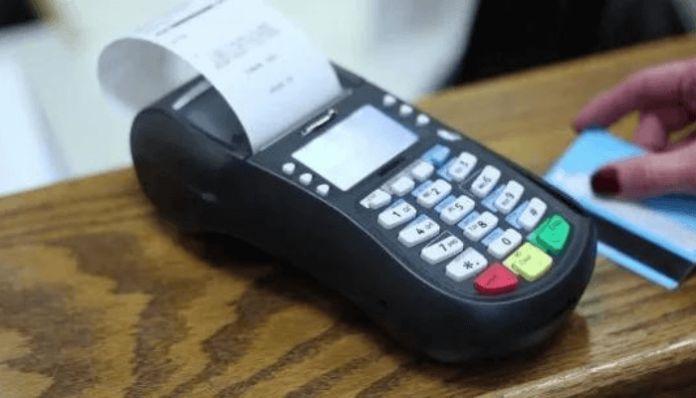eChannels transaction value rises with N19.4tr mobile phone transfers
By Jeph Ajobaju, Chief Copy Editor
Bills paid through electronic channels (e-channels or E-Bills) rose 53 per cent in value from N2.3 trillion in 2021 to N2.8 trillion in 2022, according to the latest data released by the Nigeria Inter-Bank Settlement System (NIBSS).
E-Bills Pay – an account-based, online real-time product – facilitates payment of bills from an account and ensures instant credit of payments and receipt of collections on behalf of billers/merchants on the platform.
Payments made on the platform include for utility bills, cable TV subscriptions, hotel and airline bookings, school fees, and airtime top-ups.
NIBSS data shows
- More Nigerians are embracing e-payments as opposed to paying with cash.
- Customers transferred N19.4 trillion via mobile phones in 2022, a 142 per cent increase year-on-year (YoY) versus N8 trillion in 2021.
- Mobile inter-scheme transaction volume jumped 151 per cent YoY from 284.5 million in 2021 to 609 million in 2022.
The surge in the use of mobile devices for financial transactions is driven by the rise in mobile connections.
__________________________________________________________________
Related articles:
ePayment transaction value jumps 51% to N42.5tr
Mobile transactions value grows to nearly N13b
ePayments failure rises as banks owe N45b USSD debt, IT workers emigrate
__________________________________________________________________
Banks’ debt may force telcos to withdraw USSD service
Nigerian Communications Commission (NCC) data shows 218 million of 321 million connected lines in November 2022 were across MTN, Airtel, Globacom, and 9mobile, a growth of 19.2 per cent, according to reporting by The Guardian.
But the Association of Licensed Telecommunications Operators of Nigeria (ALTON) said N80 billion debt owed by banks in unstructured supplementary service data (USSD) threatens the growth of mobile financial transactions and other digital channels.
ATCON Chairman Gbenga Adebayo warned telecom companies may be forced to withdraw from USSD service as banks refuse to pay.
“The debt is rising and has not been paid by the banks. As of November 2022, the accumulated debt rose to over N80 billion,” he said.
“When we started the argument in 2019, it was N32 billion, and they continue to claim that they are not owing.
“Our investigation shows that they are still using the USSD platform to offer banking services to their customers, yet they are not remitting to telecom operators who own the USSD platform.
“Time will soon come when we will be constrained to withdraw the service and many bank customers that depend on the USSD service will suffer for it and it will affect the economy. It is honourable to pay their debts and they have to pay.
“We are warning that the banks’ action in refusing to pay their debt will have negative consequences on the CBN’s cashless economy agenda for the country.
“It will be a threat to the cashless economy. So, the CBN should advise money deposit banks to pay up the accumulated debts.”
Banks’ opposition to paying for USSD service
Telcos announced in 2019 they could no longer provide USSD service for free and proposed to take a cut of N4.50k per 20 seconds from charges customers pay to banks.
Banks kicked against it, alleging it would raise costs 450 per cent.
Telecom operators on 12 March 2021 threatened to suspend USSD service over N42 billion accumulated debt by banks, but the move was halted by Communications and Digital Economy Minister Isa Pantami.
Pantami held a meeting with mobile network operators (MNOs) and deposit money banks (DMBs) on 16 March 2021 where it was agreed to reduce the charge on customers to N6.98 for each USSD transaction.













